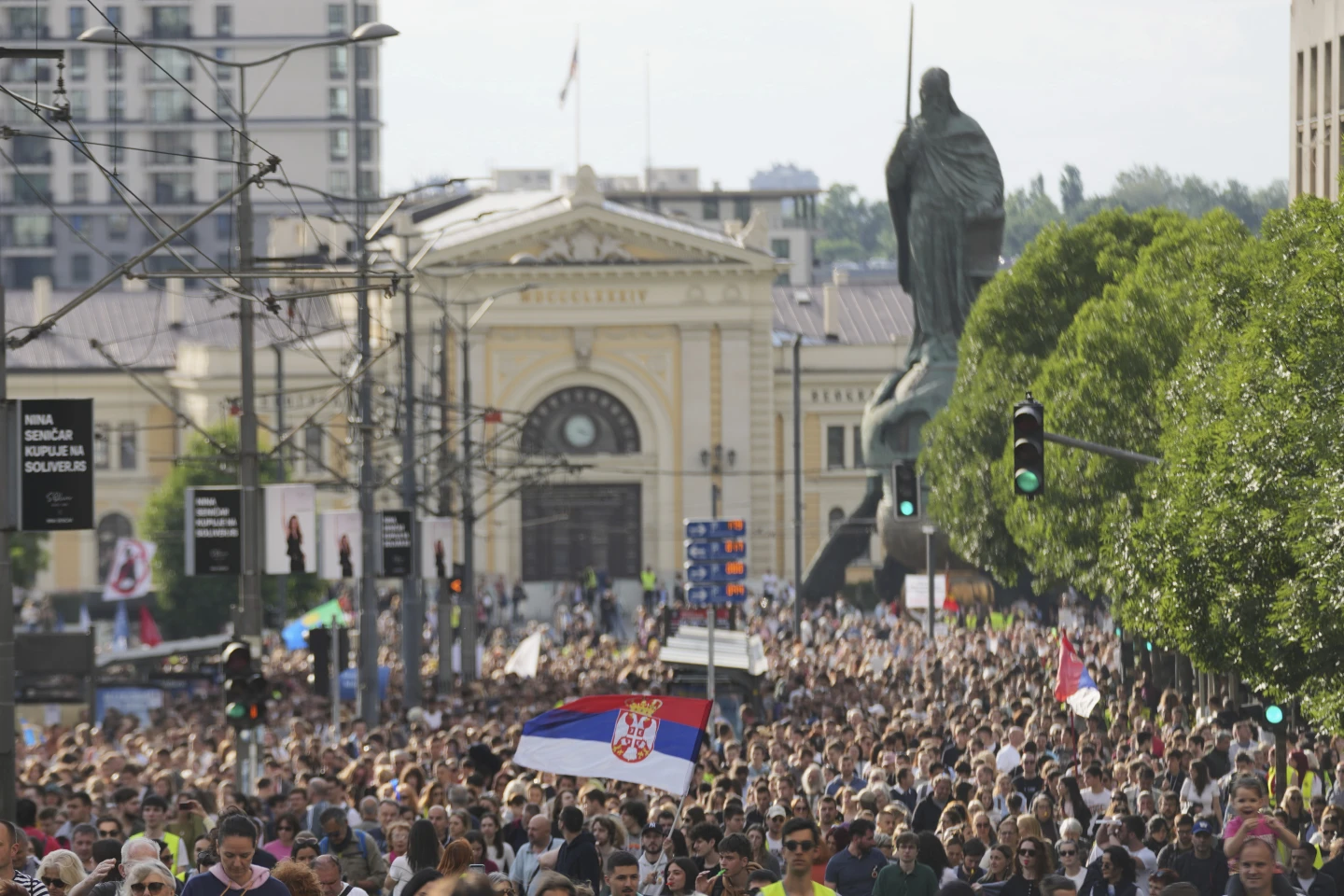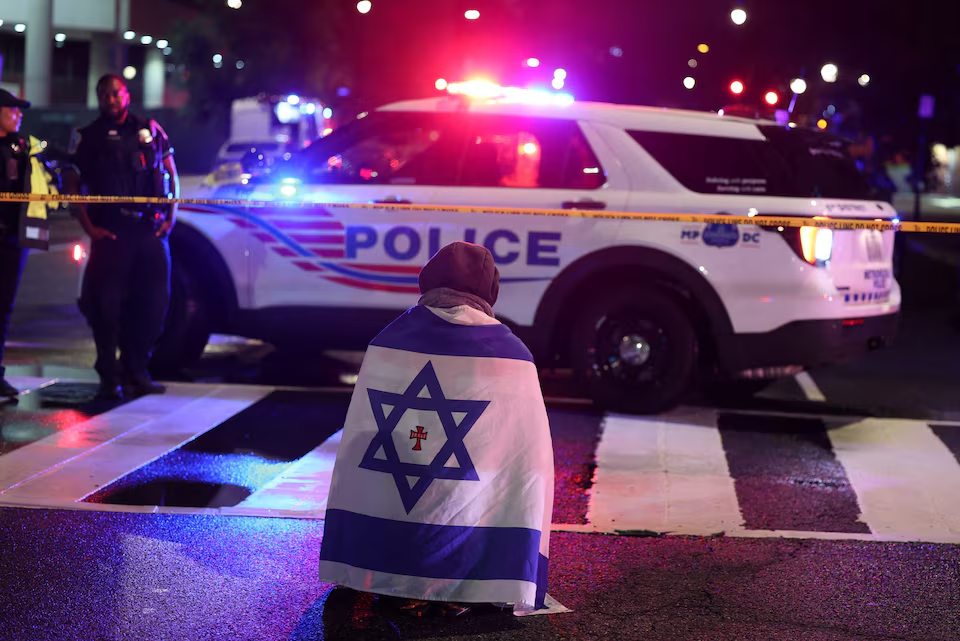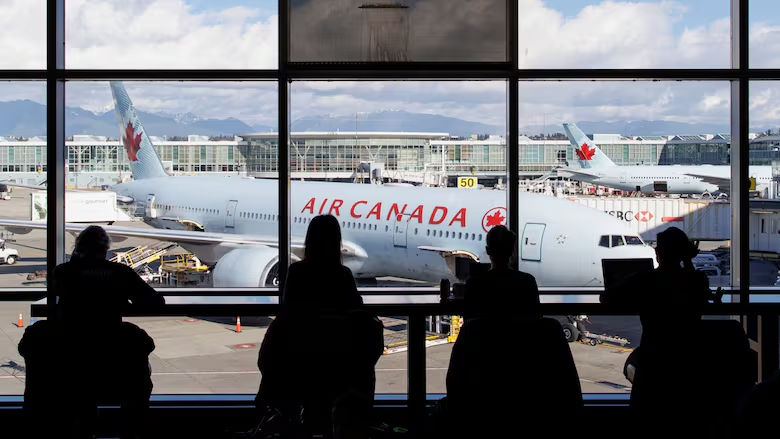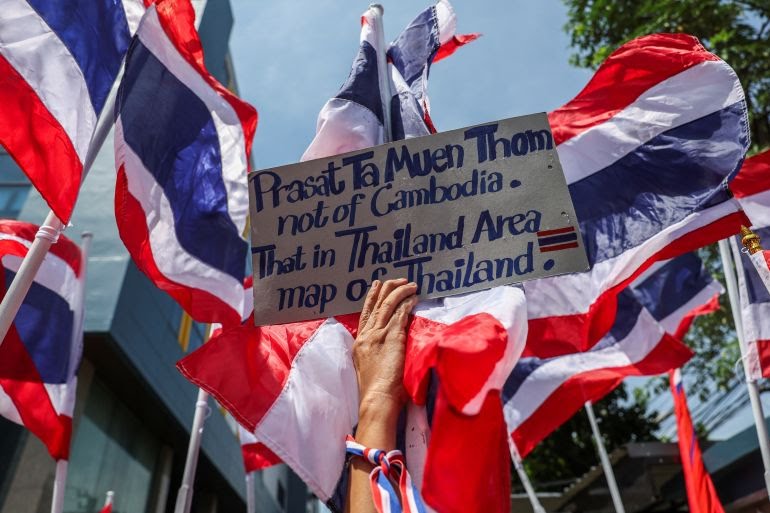Thousands of Serbian students took to the streets of Belgrade on Friday, voicing their opposition to calls for early parliamentary elections, which they believe undermine democratic principles. The protest, part of a broader movement led by youth and civic groups, reflects growing discontent with the government and its perceived manipulation of political processes.
Chanting slogans and waving banners that read “We are not blind,” students gathered in front of the Serbian parliament, demanding a delay in the proposed vote and greater transparency in the electoral process. Organizers argue that the current political climate is not conducive to a fair election, citing alleged abuses of power and media bias.
The demonstrations were sparked after President Aleksandar Vučić suggested holding parliamentary elections in the fall, following local elections earlier this year. Critics view the move as a strategy to consolidate power amid waning public support and increasing criticism over governance and press freedom.
“This is not just about elections,” said Ana Petrović, a university student and protest organizer. “It’s about defending our rights, our democracy, and our future.”
The student-led movement has gained momentum in recent weeks, drawing support from opposition parties, academic figures, and international observers. While the protests have remained peaceful, tensions have grown as the government continues to dismiss the concerns raised by demonstrators.
Interior Minister Bratislav Gašić claimed the protests are being exploited by foreign actors aiming to destabilize Serbia. However, protest leaders have firmly denied such allegations, emphasizing that their actions are motivated by a genuine desire for political accountability.
The European Union, which Serbia hopes to join, has been closely monitoring the situation. A spokesperson for the European Commission stated that free and fair elections are essential for Serbia’s EU accession prospects and urged all parties to engage in dialogue and uphold democratic norms.
Observers note that this surge in student activism is reminiscent of past youth-led movements in the Balkans, which have played pivotal roles in political transitions. Political analyst Marko Milanović described the protest as a “clear signal that the younger generation is no longer willing to stay silent.”
Despite the calls for postponement, President Vučić has not indicated any willingness to reconsider the timeline for elections. His administration maintains that the vote is within legal bounds and necessary for maintaining political stability.
As the standoff continues, students say they will not back down. More protests are expected in the coming days, with organizers planning rallies at universities and public squares across the country.
With Serbia’s democratic trajectory under the spotlight, the outcome of these protests could significantly influence the nation’s political future. Protesters remain steadfast in their belief that civic pressure can bring about change and are calling on all citizens to join the movement for a more transparent and inclusive political system.
Source; AP News



